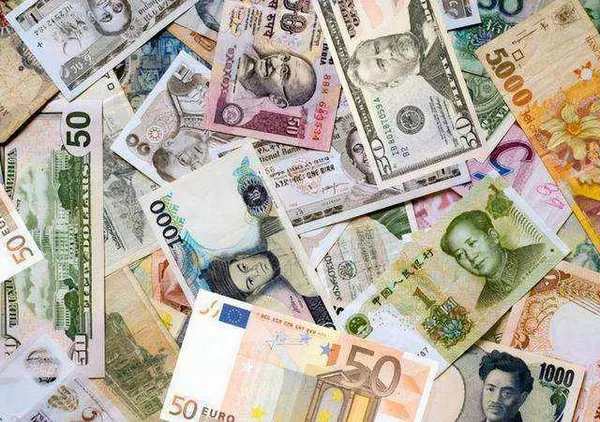The British Pound Sterling, often simply referred to as the British Pound, is one of the oldest and most stable currencies in the world. Its strength and resilience have been a topic of interest and discussion among economists, traders, and financial experts for decades. In this article, we will delve into the various factors that contribute to the high valuation of the British Pound.
Historical Perspective:
To comprehend the current strength of the British Pound, it’s essential to consider its historical context. The Pound Sterling has a rich history dating back to the 8th century, and its stability has been established through centuries of economic development, political stability, and global trade dominance. The currency’s longevity has instilled confidence among investors, reinforcing its position as a safe-haven currency.
Economic Fundamentals:
One of the primary reasons behind the British Pound’s strength is the robust economic fundamentals of the United Kingdom. A stable and diversified economy, with strong financial institutions, contributes significantly to investor confidence. The UK’s gross domestic product (GDP), low inflation rates, and low unemployment levels are indicators of a healthy economic environment, supporting the strength of the Pound.
Interest Rates:
Interest rates play a pivotal role in determining a currency’s strength, and the British Pound is no exception. The Bank of England, the UK’s central bank, has a mandate to maintain price stability and support economic growth. The Bank’s decisions on interest rates directly influence the value of the Pound. Higher interest rates attract foreign capital seeking better returns, driving demand for the currency and subsequently increasing its value.
Political Stability:
Political stability is a crucial factor influencing a currency’s strength, and the UK has a long-standing reputation for political stability. The country’s well-established democratic system, respect for the rule of law, and transparent governance create an environment that fosters economic growth and attracts foreign investments. Political stability enhances investor confidence, positively impacting the demand for the British Pound.
Trade Surplus:
A consistent trade surplus can contribute to a currency’s strength, and the UK has historically maintained a trade surplus in services. The nation’s strong financial and business services sectors have helped offset trade deficits in goods, contributing to overall economic stability. As the UK continues to be a global financial hub, its ability to export financial and business services strengthens the demand for the Pound.
Global Reserve Currency:
The British Pound has held a prominent position as one of the world’s major reserve currencies. Central banks and international institutions hold significant reserves in Pound Sterling, further solidifying its status as a global currency. The widespread use of the Pound in international trade and finance enhances its value, as it becomes a preferred currency for cross-border transactions.
Brexit Impact:
The decision of the United Kingdom to leave the European Union, commonly known as Brexit, had a substantial impact on the British Pound. Initially, uncertainty surrounding the negotiations led to volatility in the currency markets, causing fluctuations in the Pound’s value. However, as the terms of the UK’s departure became clearer and trade agreements were established, the Pound regained stability. The resolution of uncertainties surrounding Brexit contributed positively to the strength of the British Pound.
Market Perception and Sentiment:
Market perception and sentiment also play a crucial role in determining the value of a currency. The positive perception of the UK’s economic prospects, coupled with investor confidence, can lead to increased demand for the British Pound. Additionally, geopolitical events and global economic conditions can influence market sentiment, impacting the valuation of the Pound.
See also Why Is UK Pound Getting Weaker?
Conclusion:
In conclusion, the strength of the British Pound is a result of a combination of historical stability, robust economic fundamentals, prudent monetary policy, and political stability. The UK’s position as a global financial center, coupled with its trade surplus in services, further supports the high valuation of the Pound. While external factors such as Brexit and global economic conditions can introduce short-term fluctuations, the underlying strengths of the UK economy continue to reinforce the resilience and stability of the British Pound in the international currency markets.


